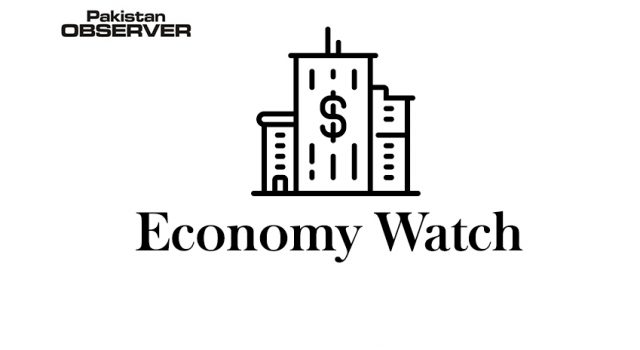Staff Reporter
Karachi
Countries that prioritize digitized payment economies are better placed to mitigate the associated adverse impact of unemployment, financial exclusion, fraud, theft, cost of cash, and corruption. This was the key takeaway of a new Mastercard white paper titled ‘Cashing Out: Economic Growth through Payment Digitization’. In an analysis that demonstrates the high economic cost of cash prevalence, Mastercard estimates that cost to be at 3.2% to 4.5% of global GDP.
This points to an opportunity for countries to increase GDP by growing a digital payments economy to benefit from access to jobs, more robust commercial activity, streamlined business loans, and the reduced cost of operating cash.
The white paper also revealed that higher card use in 70 countries, representing 90% of the world’s GDP, contributed an additional US$296 billion to consumption.[1]
The study found that each 1% increase in use of digital payments produced an average annual increase of US$104 billion in the consumption of goods and services, representing a 0.04% increase in GDP in developed markets and a 0.02% increase in developing ones.
Mastercard is already working with governments across the MENA region. The company has played an active role in the Egyptian government’s digital payroll solution – a project that has grown into one of the largest such programs in the world as it financially included millions of citizens and blue-collar workers.










